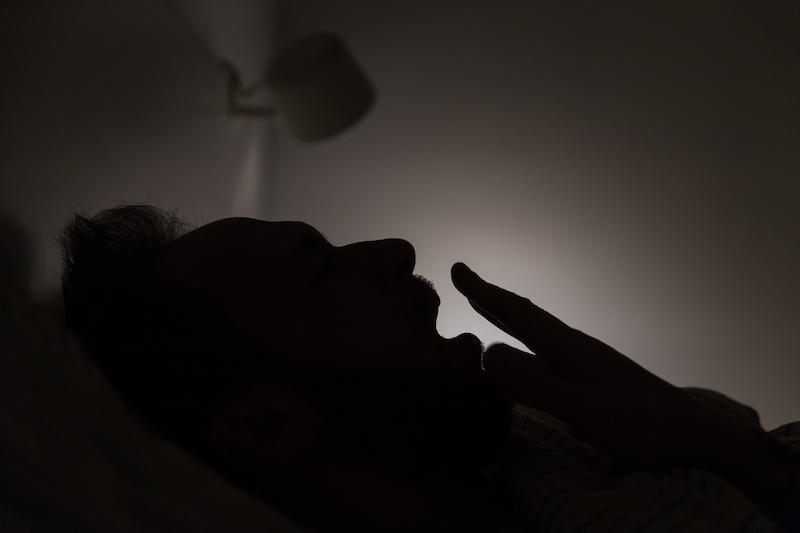Insomnia can be caused by medication, anxiety, or even a lack of routine, but the foods you eat in the hours leading up to bedtime can have an impact on your sleep as well. Some foods help promote restful sleep or better health – but the ones listed below will keep you up all night long. According to research, you should avoid consuming these foods and beverages after 3pm if you are concerned about getting a good night's sleep.
Related Blog: Is Hitting the Snooze Good or Bad?
1. Tea and Soda
You may know to avoid coffee, but teas and sodas can also contain high levels of caffeine. Even small amounts may interfere with your ability to fall or stay asleep. To minimize disruption, choose caffeine-free beverages or herbal teas specifically formulated for nighttime use.
2. Grapefruit and Citrus:
They're breakfast staples for a reason. Grapefruit and other citrus fruits are healthy but high in acid. This can lead to heartburn that will prevent you from sleeping comfortably. Grapefruit can also lower the effectiveness of medications you are taking – if you take a prescription or over the counter sleep medication, grapefruit could prevent it from working as expected.
3. Pizza and Spaghetti:
The pasta or pizza crust is fine, but the tomatoes and topping are not only prone to giving you acid indigestion or reflux, they also contain energy boosters – that do not contribute to a healthy, restful sleep. Tomatoes contain tyramine, which gives you a boost of energy; this is great for lunchtime but not so good if you want to get a full night of rest. Eggplant, often paired with tomato sauce, also contains tyramine and results in the same restlessness at night.
4. Broccoli and Cauliflower:
They are superfoods when it comes to your gut health, but these digest slowly and could result in gas pains at night, particularly if consumed raw. Stick to cooked versions with dinner or move the cruciferous veggies to lunch to avoid disrupting your sleep cycles. Celery and other high-fiber, chewy vegetables like kale, cabbage, and Brussels sprouts also fall into this category. While they’re excellent for digestion overall, their fibrous nature and high water content can result in similar nighttime bloating if eaten too close to bedtime.
5. Spicy Foods:
From the smooth heat of Caribbean or Indian foods to plain old chips and salsa, the hot and spicy foods you enjoy are best consumed early in the day if you are troubled by heartburn. Anything with a spicy pepper sauce or spice blend can keep you up late if you end up with acid indigestion afterward. If you notice a consistent pattern between spicy dinners and sleepless nights, consider adjusting your spice intake or saving those dishes for lunch instead.
6. Candy:
Whether it's a piece of dark chocolate or a handful of jelly beans, candy delivers a quick burst of sugar-fueled energy. While that can be helpful during a midday slump, it’s not ideal when you're trying to wind down for the night. Sugary treats can spike your blood sugar and stimulate your brain, making it harder to relax and fall asleep. Chocolate is especially tricky because it contains both sugar and caffeine, which can quietly interfere with your sleep if eaten too late in the evening. If you're craving something sweet at night, try a low-sugar option or enjoy your candy earlier in the day.
Choose Good Sleep
Getting a good night's sleep means avoiding the foods above and checking the things you do eat or drink for typical insomnia culprits-- mainly sugar and caffeine. Once you are aware of the connection between what you eat and how well you sleep, you'll be able to make dining choices that promote healthy sleep and that do not keep you up at night.
Making the right nighttime food choices is a good start -- and a mattress that helps you drift off to sleep in comfort each night is an ideal next step. Contact us or visit our blog to learn more about getting a good night's sleep and to find an incredible selection of eco-friendly, green mattress options for your home and family.





